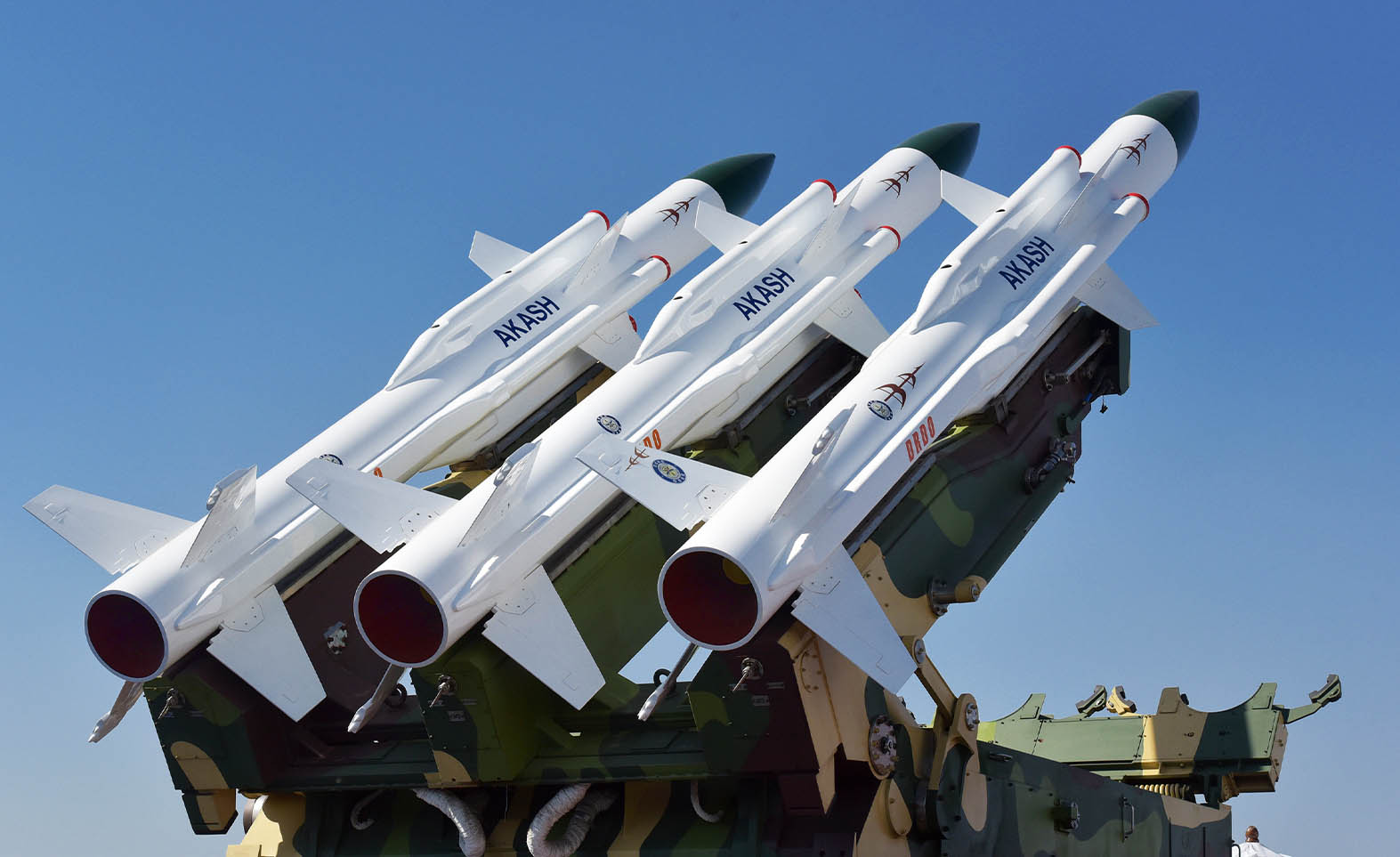
January 24, 2025
Experts highlight the need for increased capital expenditure, streamlined procurement processes, and a greater focus on Indigenous manufacturing to boost defence self-reliance
The Defence Acquisition Procedure (DAP) 2020 has bolstered Indigenous procurement, with 75% of the capital procurement budget allocated to domestic products for FY 2024-25
India's defence exports have grown 31-fold in the last decade, with products like the BrahMos missile and Pinaka rocket system gaining global traction, targeting INR 35,000 crore exports by 2025
Bureaucratic inefficiencies, over-reliance on imports, and outdated equipment hinder operational readiness, as exemplified by delays in acquiring Tejas aircraft and Project 75(I) submarines

India has made strides towards reducing its reliance on imports through initiatives like DAP 2020, which prioritises indigenous procurement. Defence production reached INR 1.27 lakh crore in FY 2023-24, a 16.7% increase from the previous year, while 75% of the capital procurement budget for FY 2024-25 has been earmarked for domestic products.
Defence exports, too, have grown exponentially, reaching INR 21,083 crore in FY 2023-24, with further targets of INR 35,000 crore by 2025. Innovations for Defence Excellence (iDEX) have supported emerging technologies, but experts argue that technology transfer policies should allow phased timelines to encourage foreign participation.
Persistent challenges in modernisation
Despite these advancements, India’s heavy dependence on imported components, such as armaments and machine parts, remains a significant challenge. This reliance exposes the country to supply chain disruptions, as evidenced by delays in receiving the S-400 missile systems due to the Russia-Ukraine conflict.
Inefficiencies in the procurement process further exacerbate delays in critical acquisitions. Outdated equipment, such as T-72 tanks and Bofors howitzers nearing five decades of service, highlights the need for modernisation to counter evolving threats from adversaries like China.
Experts stress prioritising emerging technologies, such as AI, robotics, and advanced digital systems, while addressing systemic delays and bureaucratic inefficiencies.
Funding gaps in defence allocation
The defence budget for FY 2024-25 increased by 4.79% but remains at just 1.91% of GDP, below the recommended benchmark of 3%. Over half of the budget is consumed by personnel costs, leaving limited funds for modernisation and research.
Experts advocate for a higher capital expenditure ratio and greater allocation towards R&D, suggesting that 10% of the defence budget should be dedicated to emerging technologies like drones, loitering munitions, and ammunition stockpiles.
Private sector participation and global partnerships
Public-private collaboration is pivotal to addressing India’s defence modernisation needs. With over 16,000 MSMEs in the defence sector, experts emphasise the role of the private sector in driving efficiency, innovation, and R&D.
Global partnerships with countries like the US and France are crucial for co-developing cutting-edge defence technologies. However, experts note that reliance on foreign technology persists despite efforts under “Make in India,” necessitating better planning and execution.
Call for reforms
Experts underscore the importance of comprehensive reforms to strengthen India’s defence ecosystem. Streamlining procurement processes, increasing capital expenditure, and encouraging private sector involvement are critical steps towards self-reliance.
Organisational reforms, such as improving defence planning and reducing departmental fragmentation, are equally essential. As the defence ministry declares 2025 “The Year of Reforms,” expectations are high for strategic policy changes to enhance India’s defence preparedness.
Source: Economic Times